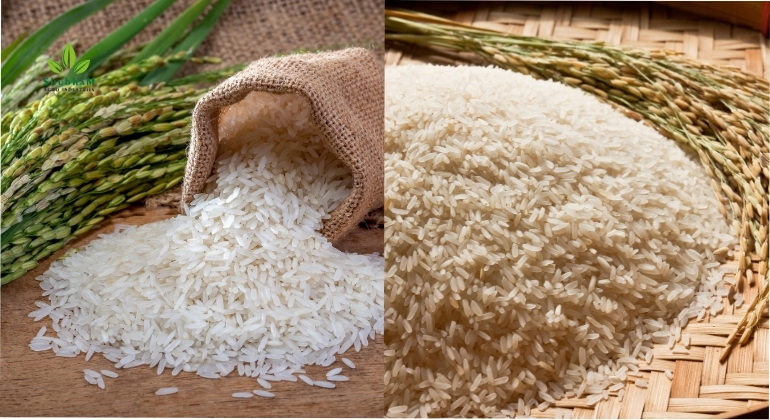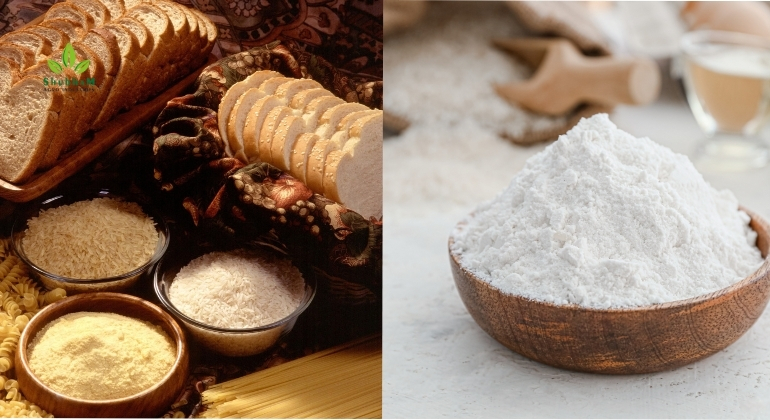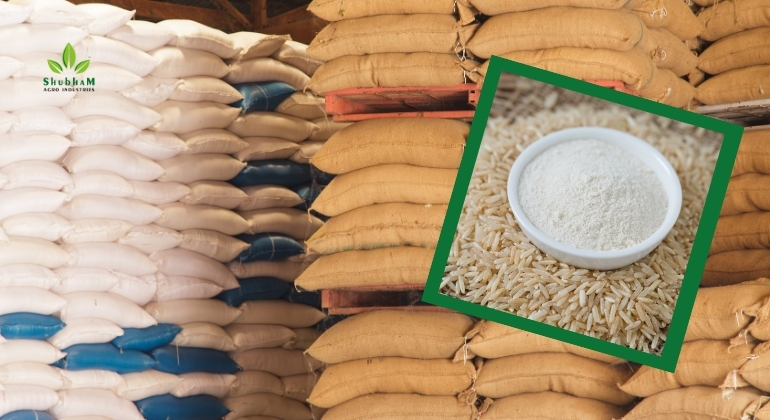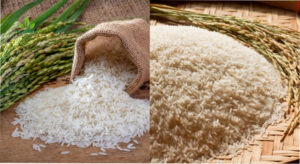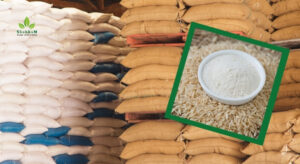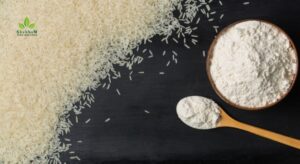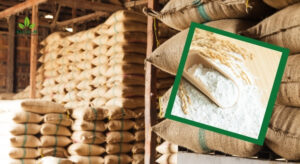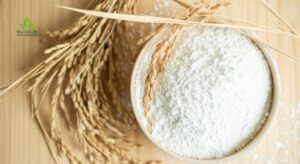Rice Flour in the Chemical Industry
A growing awareness of environmental issues is driving the chemical industry’s evolution toward higher sustainability. Rice flour is an impressive performer in this eco-friendly movement. This understated component is proving to be a useful tool for creating environmentally friendly chemical goods and procedures. We’ll look at the intriguing ways that rice flour is influencing the development of the chemical industry in this blog post.
Rice Flour: An Eco-Friendly Contender
The use of rice flour in the chemical industry might not seem like a natural choice, given that it is normally used in culinary applications. However, due to its distinctive qualities, it is a strong contender for sustainable chemical production.
- Biodegradable: Because rice flour is inherently biodegradable, using it in chemical products has less of an impact on the environment.
- Renewable Resource: Rice is a staple crop worldwide, ensuring a consistent and sustainable source of rice flour.
- Non-Toxic and Hypoallergenic: Because it is non-toxic and hypoallergenic, rice flour is a safer option in many chemical processes.
- Reduced Carbon Footprint: Compared to the manufacture of many chemical products, the production of rice flour often uses less energy and produces less greenhouse gas emissions.
Rice Flour’s Role in the Chemical Industry
The chemical industry is finding innovative applications for rice flour, demonstrating its potential in various areas:
- Biodegradable Packaging Materials: Researchers are experimenting with polymers made from rice flour to develop biodegradable packaging materials. The environmental impact of packaging waste can be reduced by using these materials in place of traditional plastics.
- Eco-Friendly Adhesives: Non-toxic, biodegradable adhesives have been created using rice flour as a basis. These adhesives are used in many different industries, including building, furniture, and packaging.
- Eco-Ink and Printing Materials: The composition of eco-friendly inks and printing supplies is thought to benefit from the inclusion of rice flour as a fundamental ingredient. These goods can be applied to environmentally friendly printing and packaging projects.
- Eco-Friendly Cleaning Products: Some businesses are experimenting with cleaning product formulations based on rice flour, making sure the chemicals are non-toxic and biodegradable.
- Biodegradable Chemical Additives: To lessen the negative effects of these products on the environment, rice flour can be used as a biodegradable addition in a variety of chemical formulations.
Environmental Benefits of Rice Flour in Chemical Applications
The integration of rice flour in the chemical industry brings several environmental advantages:
- Reduction in Plastic Pollution: The creation of biodegradable products and packaging materials aids in reducing plastic pollution, a serious environmental problem.
- Reduced Chemical Waste: Chemical materials and additives that degrade quickly contribute to more environmentally friendly production methods by reducing the amount of chemical waste generated.
- Renewable Resource Utilisation: The use of rice flour encourages the use of a renewable resource, which can help lessen the negative effects of chemical manufacture on the environment.
- Lower Toxicity: Chemicals made from rice flour pose fewer health concerns to both consumers and workers because they are non-toxic.
- Energy Efficiency: When compared to conventional chemical production methods, the preparation of rice flour frequently uses less energy, which lowers greenhouse gas emissions.
Challenges and Future Prospects
Although employing rice flour in the chemical sector has intriguing potential, there are still some difficulties. These include ensuring the longevity and stability of chemical products made from rice flour, as well as cost effectiveness and scalability. These issues are being addressed, and the full potential of rice flour in chemical applications is being fully explored through ongoing research and development initiatives.
The introduction of rice flour in the chemical industry is being driven by rising environmental awareness and the demand for sustainable products. Sustainable alternatives like rice flour will probably keep gaining popularity as people and businesses look for ways to lessen their environmental impact.
Conclusion
In the chemical business, rice flour is demonstrating itself to be a sustainable game changer. It is a great resource for creating environmentally friendly chemical goods and processes due to its biodegradable and hypoallergenic qualities, as well as its lower environmental effect. Rice flour serves as an example of how inventive thinking and creative solutions may help decrease environmental impact and promote a more sustainable future as the chemical industry moves towards sustainability.

